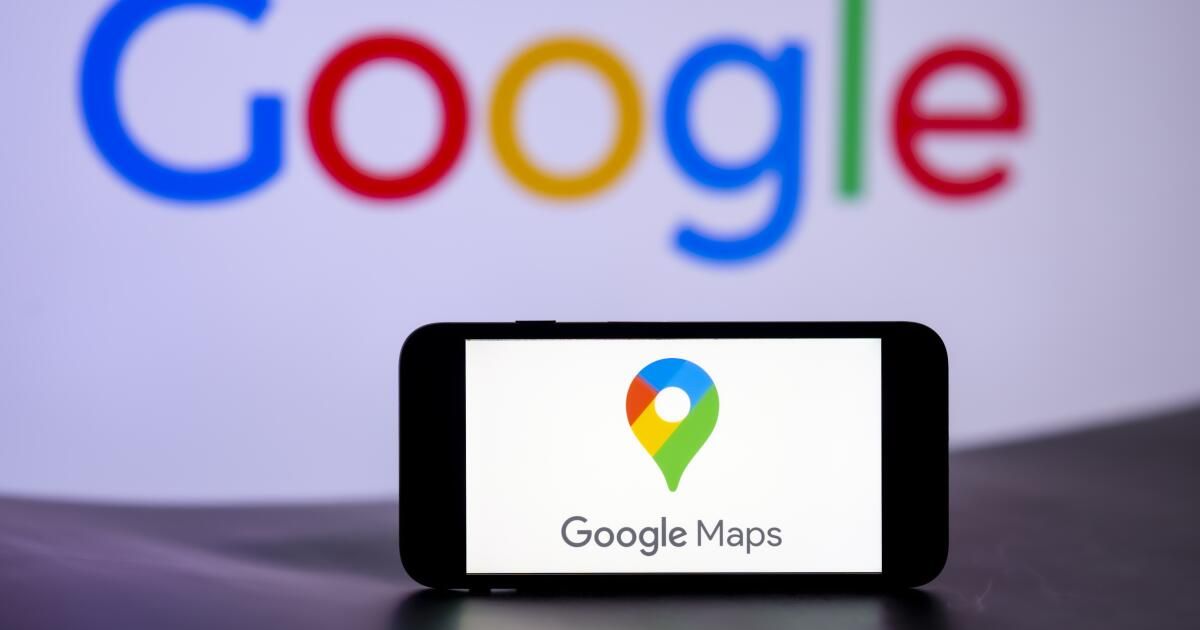Drivers navigating traffic on their morning commute will be able to do much more than simply find directions and the nearest gas station on Google Maps.
In the coming weeks, Google will add its AI-powered Gemini assistant to Google Maps, allowing drivers to get answers to more complex questions while on the road.
Users will be able to chat with the AI assistant by saying “Hey Google” or tapping the Gemini icon on Google Maps. Google Maps currently has an AI assistant within the app, but the questions it can answer are limited.
In a demonstration of how Gemini works on Google Maps, the assistant answered questions about affordable vegan restaurants along the driver's route and parking options. He even added a calendar event for soccer practice.
“It really is like having a local expert friend sitting next to you in the passenger seat,” said Vishal Dutta, Google Maps group product manager at a virtual press event.
Google Maps users will be able to use their voice to report a fault. The AI assistant will also summarize information such as sports scores, emails and news as people commute to and from the office.
Google said it also created a new feature called Lens with Gemini in which people can use the AI assistant by clicking the camera icon when they come across an unknown place on a map. They may ask the attendant why a restaurant is so popular or what the atmosphere is like inside before deciding whether to spend time there. That feature will roll out later this month.
The product updates are examples of how the Mountain View, California company is integrating new AI-powered features while competing with technology companies like OpenAI, Meta and Apple that also have AI assistants. OpenAI, the creator of ChatGPT, has been competing against Google with new products, such as a new web browser, to rival Google Chrome.
As the AI race heats up, companies are investing hundreds of billions of dollars in data centers, talent, research and development.
While Google and its parent company, Alphabet, saw the potential of generative AI early, some critics say they have fallen behind more agile startups. Google hopes to regain its advantage because of the type of information it has access to. It has a lot of valuable data about places and interruptions on the road, such as accidents or construction sites.
“We're at kind of an inflection point,” said Amanda Moore, Google Maps product manager at the virtual event. “We're seeing AI dramatically expanding the ways we can help people do more in the real world with a map, and becoming much more visual, immersive, novel, predictive and conversational than ever before.”
Google Maps is a very popular product with more than 2 billion monthly users around the world.
The company said it tested the product in California and other places around the country and people asked the assistant a variety of questions. With AI assistants, technology companies are playing an even greater role in people's daily lives and learning more about their customers.
As more people turn to AI chatbots for help with everything from shopping to companionship, they're also raising familiar questions about technology's role in mental health, privacy, copyright, and more. But sometimes AI can also provide wrong answers.
Moore said the assistant should provide accurate information because it is “based” on Google data about streets and places that exist in the real world.
Users will also need to give Gemini permission to access its services and apps like Google Calendar.
The information provided to Gemini is not used to show people more targeted ads.










